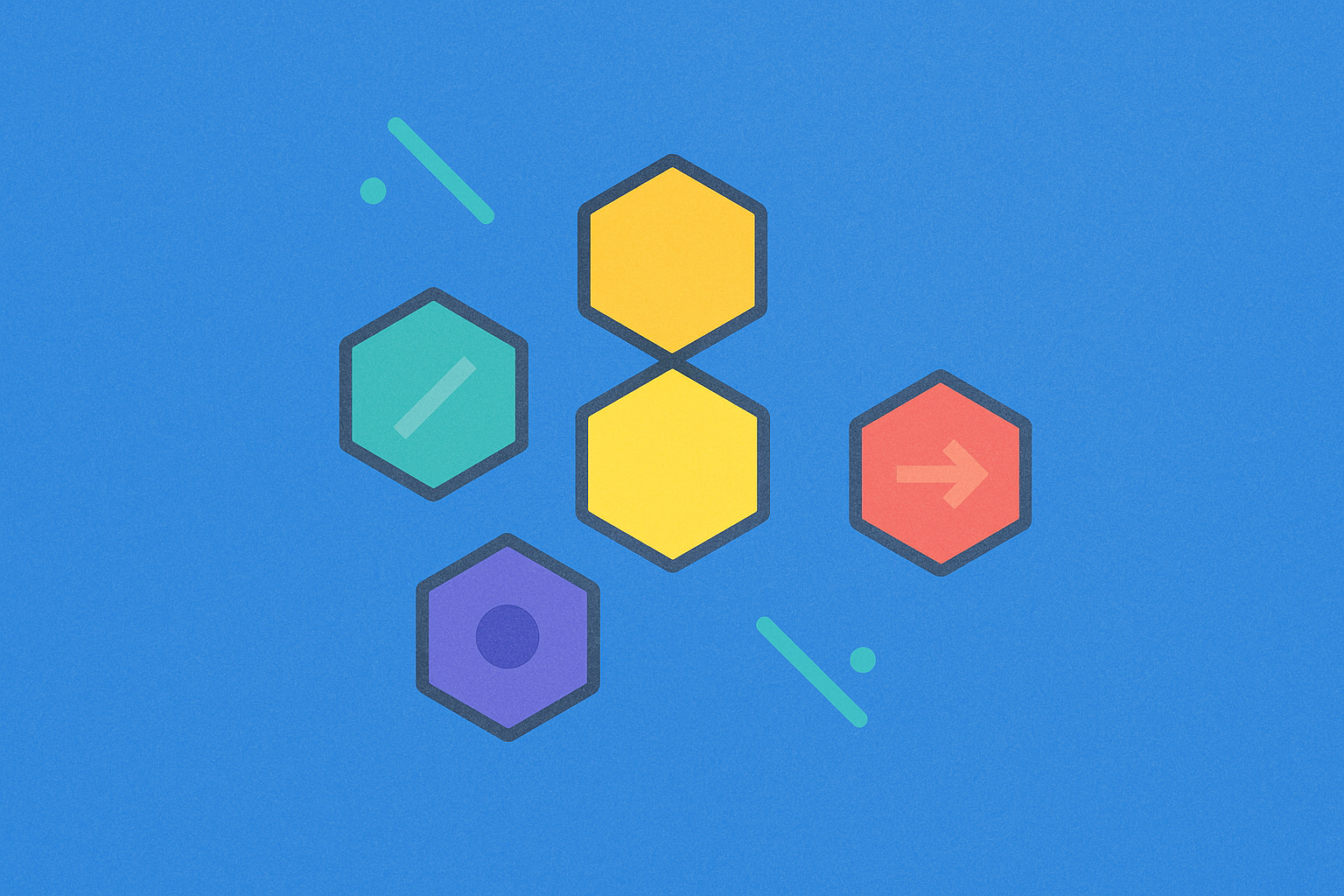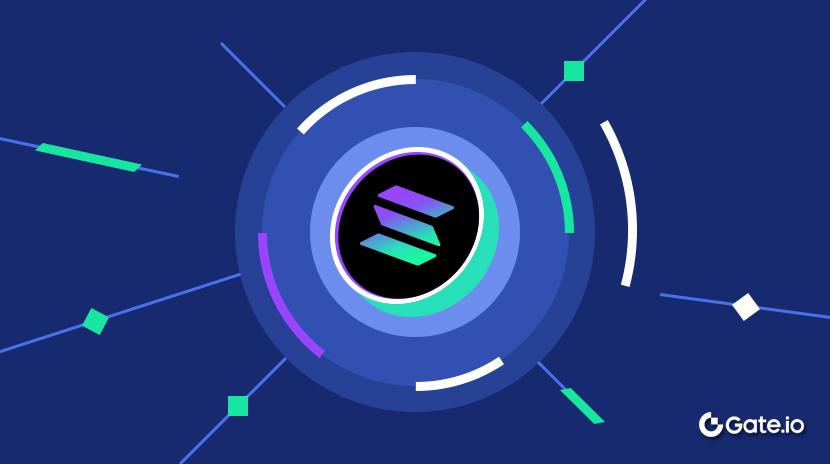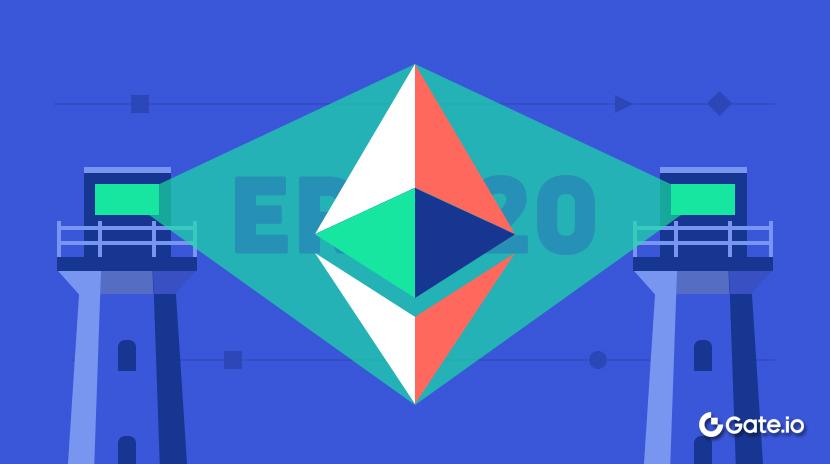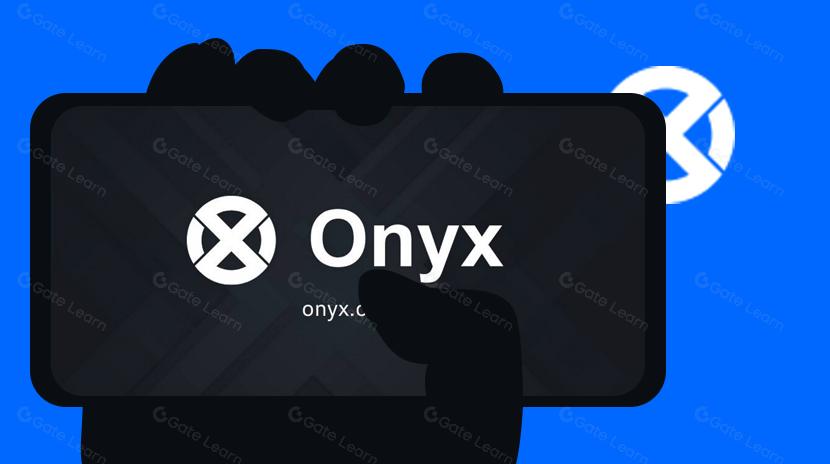define moloch

What Does Moloch Mean?
Moloch is a metaphor for collective coordination failure.
It describes a common dilemma: when each individual acts in their own best interest, the outcome for the group as a whole becomes worse. In the crypto community, this “invisible bad outcome” is personified as Moloch, serving as a warning against the dangers of misaligned incentives and internal conflicts.
Additionally, Moloch refers to a set of DAO (Decentralized Autonomous Organization) governance contract frameworks. A DAO is an organization governed by on-chain rules, with members managing treasuries and voting through smart contracts. The Moloch framework is notable for mechanisms like “RageQuit,” which emphasizes safe exits when trust breaks down, reducing the risk of being locked into harmful situations.
Why Should You Understand Moloch?
Understanding Moloch helps you identify harmful incentives and design safer collaboration rules.
Many on-chain activities appear rational in isolation but can harm the collective—such as chaotic competition driven by short-term gains or panic fueled by lack of transparency. Grasping the meaning of Moloch enables you to spot these risks early when participating in DAOs, staking, voting, or funding activities.
For managers, understanding Moloch improves treasury security and member experience. For example, in a club-style DAO, if there is only an entry path but no exit, conflicts can lead to gridlock. Introducing exit channels and cooldown periods allows members to leave safely without resorting to extreme actions when trust erodes.
How Does Moloch Work?
Moloch transforms “growing disagreements” into “controlled exits and renewed collaboration” through simple, predictable on-chain rules.
Step 1: Membership and Shares. The Moloch framework typically uses “Shares” to represent both voting power and treasury claims, and “Loot” to represent treasury rights without voting power. Both Shares and Loot track proportional ownership, making proposals and exits more manageable.
Step 2: Proposals and Voting. Proposals concern organizational matters such as funding decisions, membership changes, or rule adjustments. Smart contracts enforce minimum voting periods and approval thresholds to prevent “flash votes” that could endanger the treasury.
Step 3: RageQuit (Safe Exit). RageQuit is an exit mechanism that allows members, after a proposal passes and during a designated cooldown period, to withdraw their proportional share of assets from the treasury and leave. This converts mistrust into a controlled split, protecting minority members from being trapped in unwanted decisions.
Step 4: Transparent Treasury. All transactions are executed through on-chain contracts, making fund flows auditable. Transparency reduces suspicion and internal friction caused by information asymmetry.
How Does Moloch Manifest in Crypto?
Moloch arises in scenarios such as funding, governance, trading, and mining.
In public goods funding: DAOs based on the Moloch framework often face the “waiting for others to donate first” problem—a classic Moloch scenario. Features like matching funds, milestone-based payouts, and exit channels minimize hesitation and mistrust. Micro-grant groups like MetaCartel use such mechanisms to support early-stage projects.
In DeFi competition and MEV: Miners or searchers pursuing individually rational “priority transactions” lead to network congestion, slippage, and degraded user experience—clear signs of Moloch in action. Mechanisms like auctions and PBS seek to realign incentives, but careful rule design is still necessary to prevent new forms of internal strife.
In exchange community events: For instance, at Gate, launchpad or community voting may face coordination issues like “vote splitting,” causing good projects to fail approval. Platforms and projects often set minimum holding periods, anti-sybil checks, and disclosure requirements to improve vote quality and credibility while mitigating negative behaviors like vote buying or short-term hype.
In club-style DAOs: Divergent goals and lack of transparency can cause budgets and direction to fluctuate. Cooldown periods, minimum voting durations, and RageQuit mechanisms in the Moloch framework provide orderly exit options and buffers for prudent changes.
How Can We Mitigate Moloch?
Establish rules that transform “short-term optimization” into “long-term collaboration.”
Step 1: Introduce Exit Channels. Codify RageQuit or equivalent safe exit mechanisms so members can retrieve their share of assets and leave if trust breaks down—preventing prolonged conflicts.
Step 2: Delays and Cooldown Periods. Set minimum voting durations, pre-execution cooldowns, and time locks to allow information dissemination and review—reducing snap decisions.
Step 3: Quadratic Voting and Matching Funds. Quadratic voting gives greater weight to “widespread small support” over “large support from a few,” reducing the risk of whales dominating decisions in funding or community votes. Combining this with milestone payouts and public progress tracking builds trust.
Step 4: Transparent Treasury and Role Separation. Make budgets, income/expenses, and multisig addresses public; separate approval from execution to prevent power concentration and information asymmetry.
Step 5: Gate-specific Example. Community voting can use minimum holding periods, anti-sybil measures, and risk disclosures; launchpad projects may require product demos and compliance proof during registration, followed by phased token release tied to milestones post-vote—avoiding incentives that reward short-term hype over long-term delivery.
Recent Trends or Data on Moloch
Adoption of public goods funding and exit mechanisms has grown steadily over the past year as tools mature.
Data highlights: By the end of 2024, Gitcoin’s disclosed cumulative grants surpassed $50 million USD, showing increased scale and participation in public goods funding—evidence that resources are being devoted to “combating Moloch.” In context, Ethereum validator numbers topped 1 million in Q3 2024, adding complexity to governance and coordination as participation grows.
On the tooling front: As of 2024, community docs and repositories show continued evolution of Moloch-family contracts (including RageQuit logic) and DAO tools such as DAOhaus’s Baal series—with more modules supporting milestone payouts, role separation, and treasury visualization.
Looking toward 2025 and recent community discussions: Cross-chain governance, L2 ecosystem fragmentation, and voting quality remain hot topics. Ensuring transparency and exit rights across multi-chain environments is becoming a key area for new rule designs.
What’s the Difference Between Moloch and Governance Tokens?
Moloch is a concept and framework; governance tokens are specific instruments for voting and incentives.
Governance tokens are transferable tokens used for voting or incentivizing participation. In contrast, Moloch refers more to “the philosophy of identifying bad incentives” and “DAO rules centered around RageQuit.” Some DAOs based on Moloch may not issue transferable tokens at all—instead using non-transferable Shares or Loot to track rights and exit proportions.
Distinguishing between the two helps avoid confusion: you cannot “buy Moloch,” but you can join or create a DAO governed by Moloch principles, using appropriate voting mechanisms and exit options to shift collaboration from short-term games toward long-term building.
Related Terms
- Smart Contract: Self-executing code on blockchains that facilitates transactions without third-party intervention.
- Gas Fees: Fees paid for executing transactions or smart contracts on blockchain networks.
- Staking: Locking crypto assets to participate in network validation or earn rewards.
- DAO: Decentralized Autonomous Organization—a community-governed entity managed by smart contracts.
- Virtual Machine: The computational environment for running smart contract code (e.g., Ethereum Virtual Machine - EVM).
FAQ
What is the Core Objective of the Moloch Protocol?
The Moloch protocol aims to solve financing and governance challenges faced by DAOs (Decentralized Autonomous Organizations). By streamlining voting mechanisms and fund management processes, it enables members to collaborate more efficiently while reducing internal conflict. Moloch has become a foundational framework for many DAOs, widely used in pooled funds, grant allocations, and similar scenarios.
How Does Moloch Governance Differ from Traditional Corporate Governance?
Moloch uses on-chain voting with transparent ledgers—all decisions are recorded on blockchain for anyone to verify. Unlike traditional corporate boards with opaque decision-making (“black box”), Moloch emphasizes democratic participation and decentralization of power. It also allows members to exit at any time with their share of funds—a flexibility far beyond that of shareholder companies.
What Are the Requirements for Joining a Moloch-Based DAO?
Typically, you need to hold the DAO’s governance token or have made recognized contributions to the community. New members are usually invited or approved by existing members through proposals; an entry bond (staking tokens into the treasury) is often required. This process both welcomes new contributors and deters malicious actors.
What Does the "Rage Quit" Mechanism Mean in Moloch?
Rage Quit is a unique protection mechanism in Moloch protocols that lets members who disagree with a proposal exit the DAO before it passes—and immediately withdraw their proportional funds. This safeguards minority interests by preventing forced retention by majority rule. It embodies Moloch’s philosophy: “better to exit than be held hostage.”
How Does Moloch Address DAO Coordination Challenges?
Traditional DAOs often face issues like proposal backlog, inefficient voting, or frozen funds. Moloch introduces fixed voting periods, streamlined processes, and Rage Quit exits—speeding up decision-making while protecting participants’ interests. This makes small-to-medium DAOs more efficient at lower cost—particularly beneficial for organizations focused on fund allocation.
References & Further Reading
- https://en.wikipedia.org/wiki/Moloch
- https://www.britannica.com/topic/Moloch-ancient-god
- https://www.ebsco.com/research-starters/religion-and-philosophy/moloch-deity
- https://www.jewishencyclopedia.com/articles/10937-moloch
- https://www.dictionary.com/browse/moloch
- https://www.merriam-webster.com/dictionary/Moloch
- https://study.com/academy/lesson/moloch-history-theories-bible.html
- https://www.gotquestions.org/who-Molech.html
- https://www.jewishvirtuallibrary.org/the-cult-of-moloch
Related Articles

What Is Solana?

An Introduction to ERC-20 Tokens
